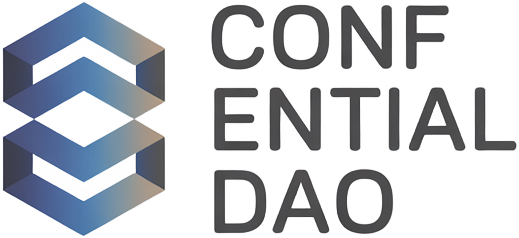
Decentralized Autonomous Organizations (DAOs) are rewriting the rules of collective decision-making, but the next leap forward isn’t just about transparency – it’s about privacy. As DAOs scale and governance grows more complex, the need for encrypted DAO voting and confidential DAO proposals has become urgent. Open voting may seem democratic, but it can expose members to undue influence, herd mentality, and even retaliation. That’s why leading DAOs are now turning to advanced cryptographic tools to ensure privacy without sacrificing verifiability.
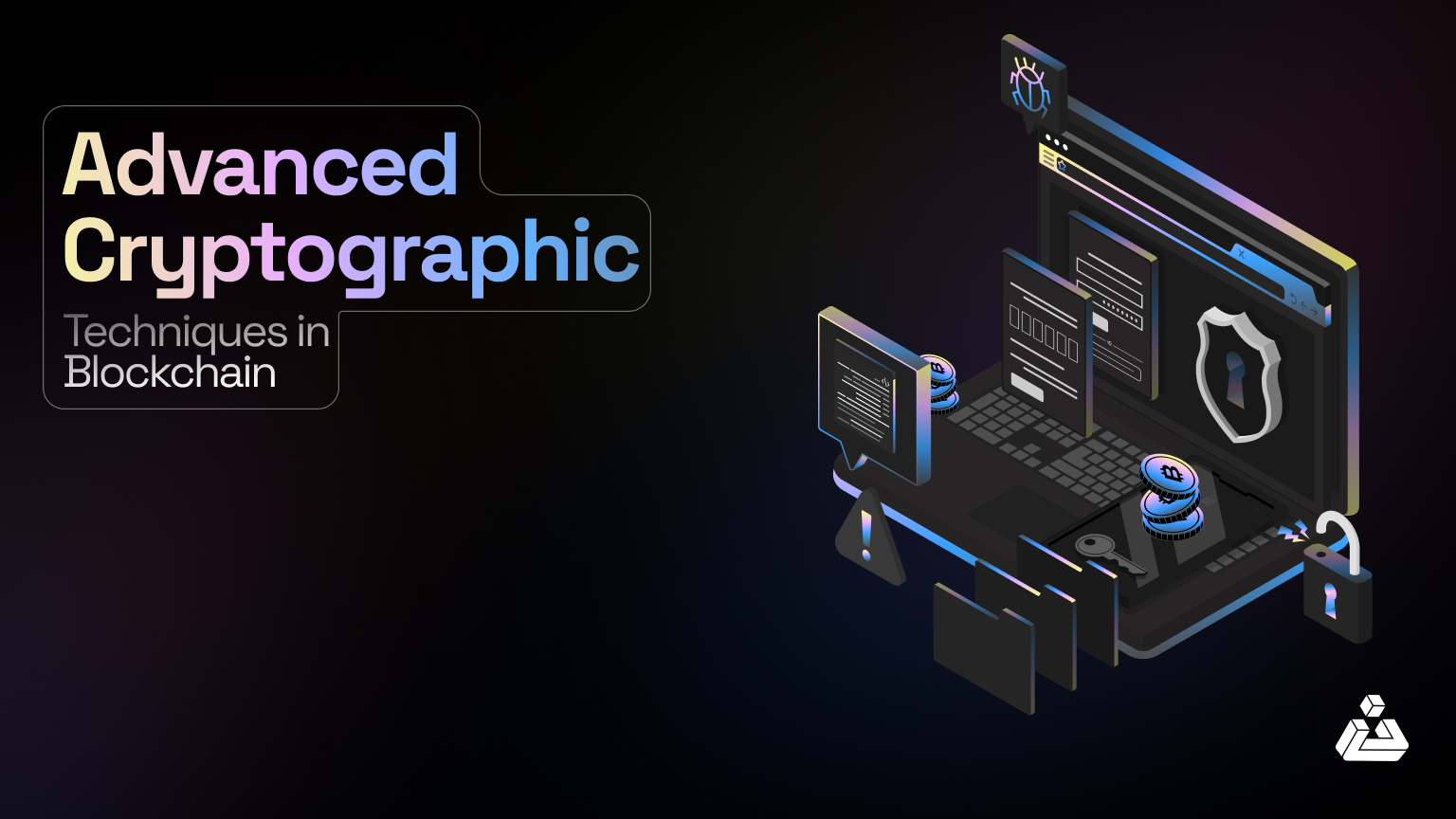
Why Privacy Matters in DAO Governance
Transparent voting has been the default for most DAOs, but transparency comes with tradeoffs. When every vote is public, large stakeholders can sway outcomes or intimidate minority voices. Members may vote strategically rather than honestly, fearing reputational risk or social backlash. This isn’t just a theoretical concern – it’s a pattern seen across major governance forums.
The solution? Shielded voting mechanisms like those pioneered by Shutter’s Shielded Voting and Snapshot Labs’ upcoming privacy-preserving features. These systems encrypt votes during the decision window, only revealing results after voting closes. By keeping individual choices confidential, DAOs foster more authentic participation and reduce the chilling effect of public scrutiny.
“Shielded voting is more than a privacy upgrade – it’s a catalyst for fairer, more resilient governance. ”
How Encrypted Voting and Confidential Proposals Work
The magic of private DAO governance lies in a blend of cryptography and clever protocol design. Here’s how the most cutting-edge solutions operate:
Top Technologies Powering Encrypted DAO Voting
-
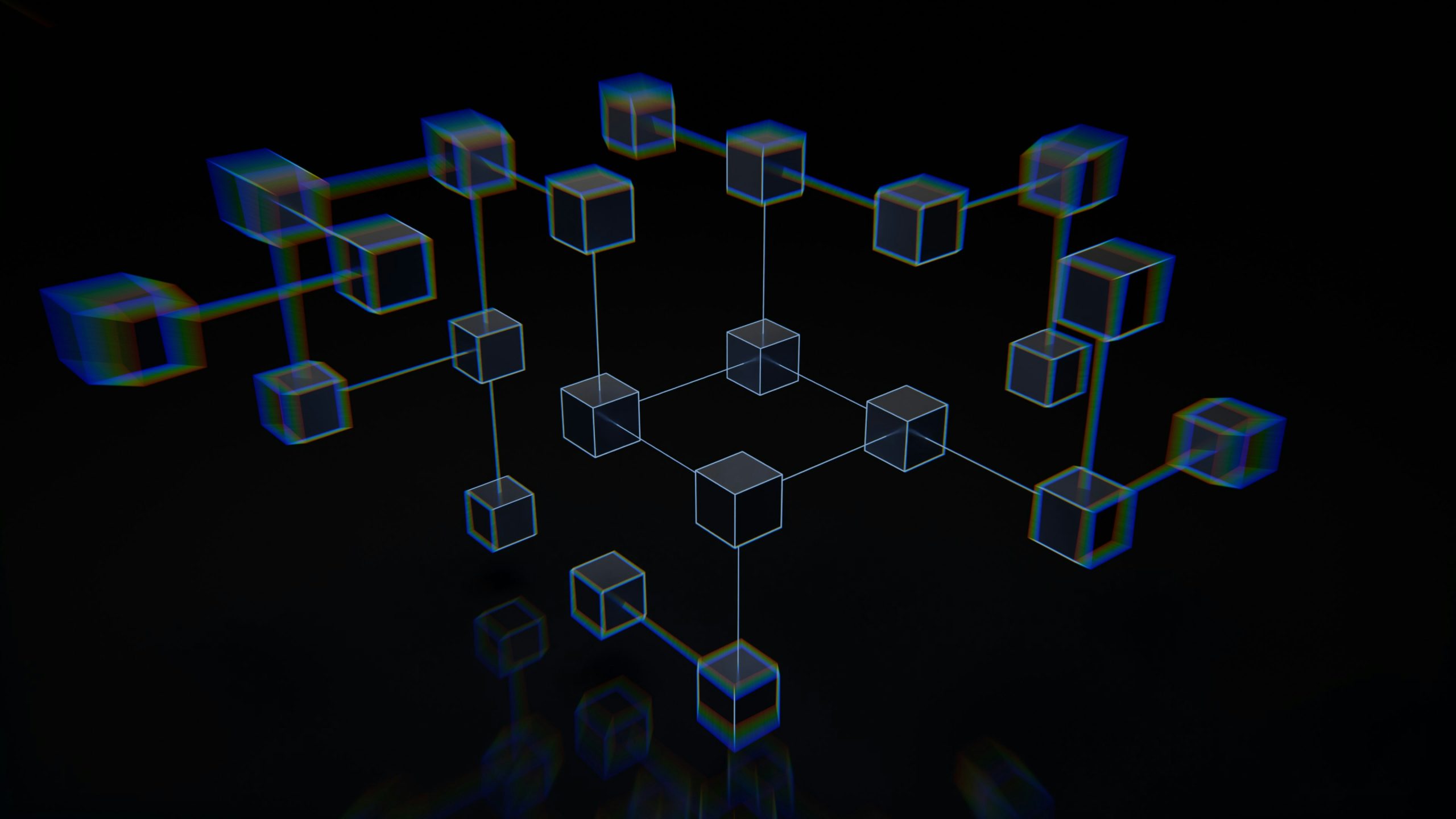
Shutter Shielded Voting: Shutter’s Shielded Voting encrypts DAO votes during the voting period and only decrypts them after polls close, preventing manipulation and herd behavior. This solution is trusted by over 600 DAOs, including Layer2DAO and ShapeShift DAO.
-

Snapshot X with Shielded Voting: Snapshot is a leading off-chain DAO voting platform. Its new Snapshot X protocol introduces shielded voting using threshold encryption, allowing members to cast votes privately until results are revealed.
-
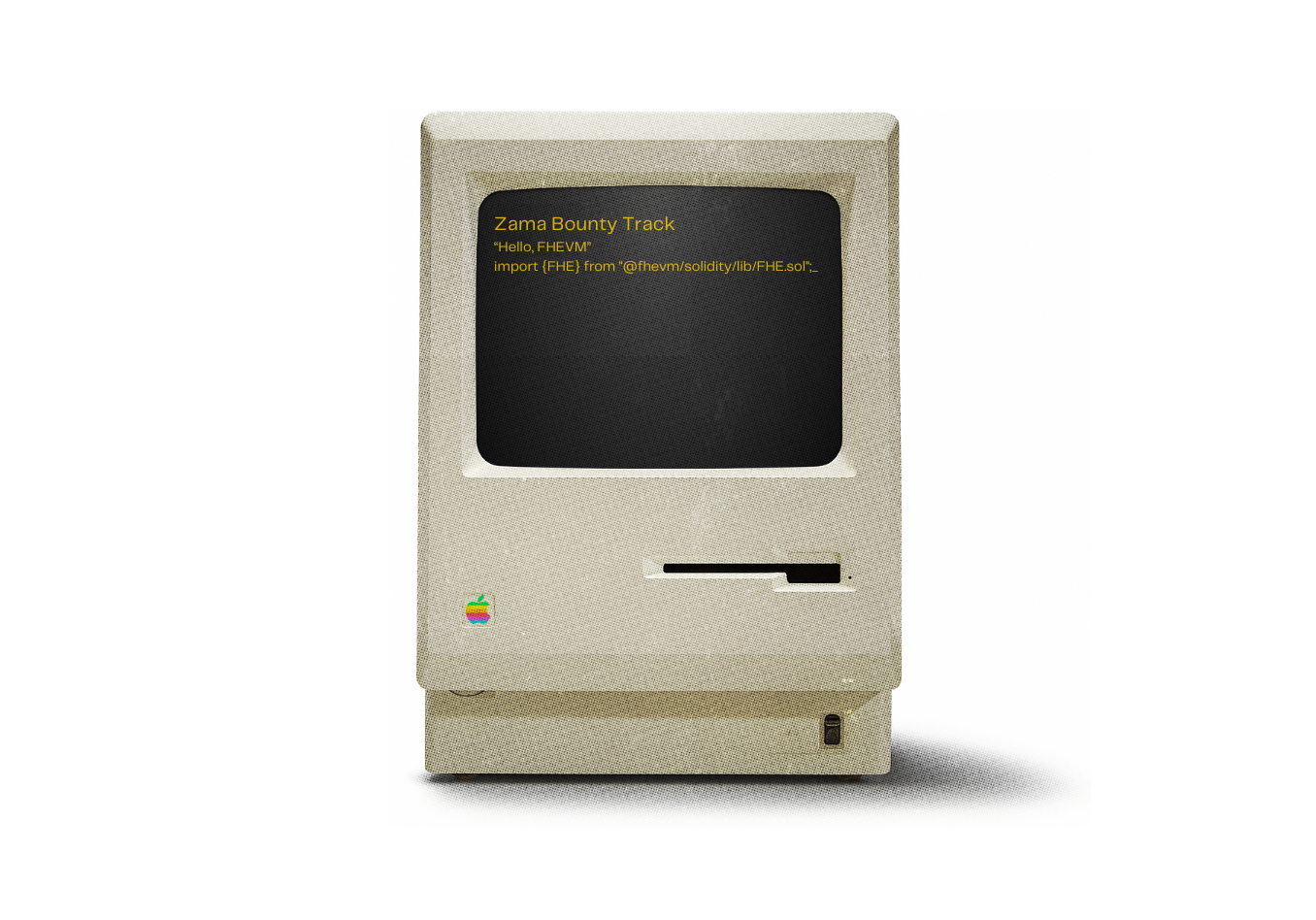
Homomorphic Encryption (Zama fhEVM): Zama’s fhEVM brings homomorphic encryption to Ethereum-compatible blockchains, enabling confidential DAO voting by allowing computation on encrypted ballots—so votes remain private throughout the process.
-
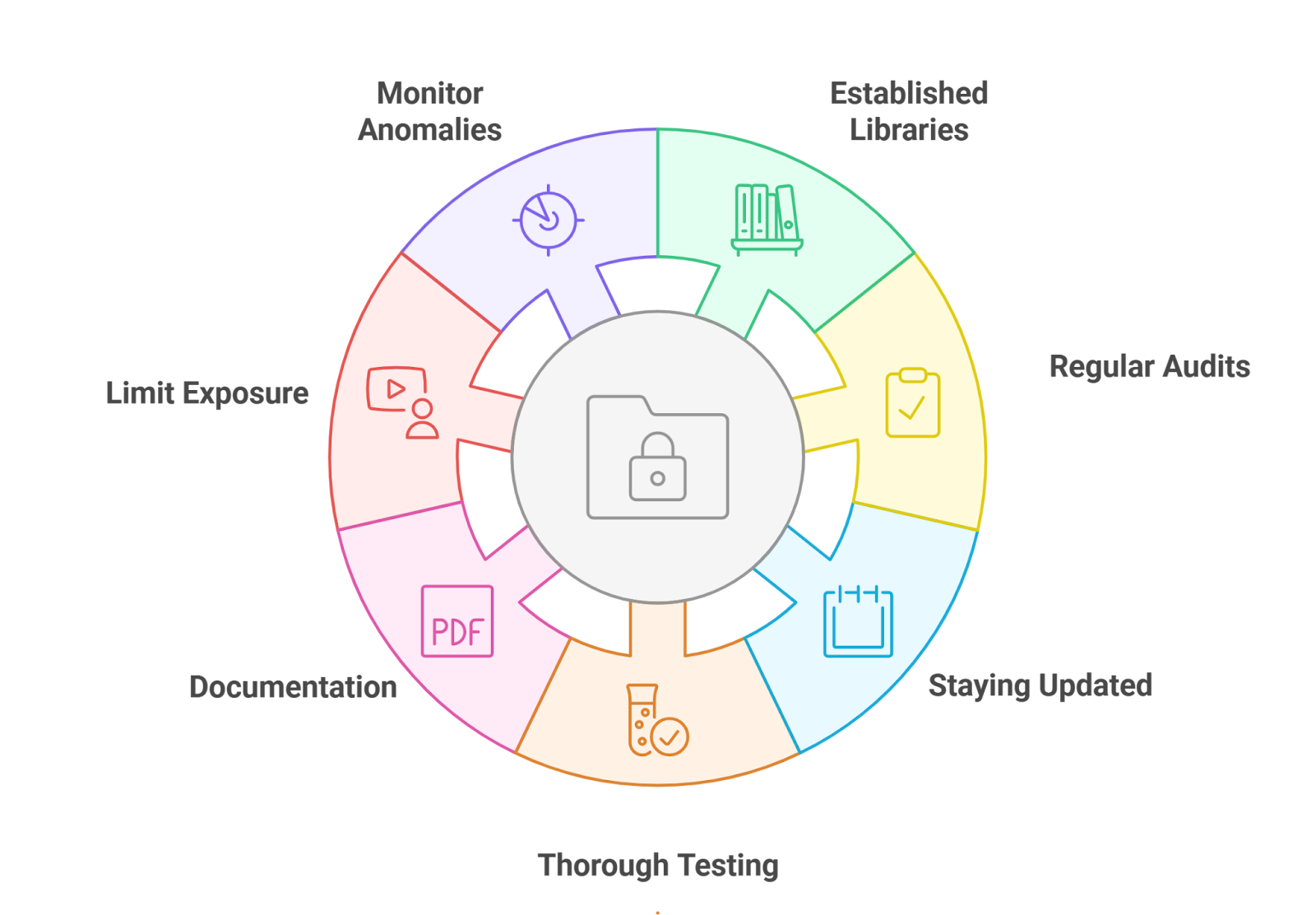
Zero-Knowledge Proofs (ZKPs): ZKPs are cryptographic techniques that let DAO members prove eligibility or participation without revealing their identity or vote. They are increasingly integrated into DAO frameworks to enable private, verifiable voting and confidential proposals.
-
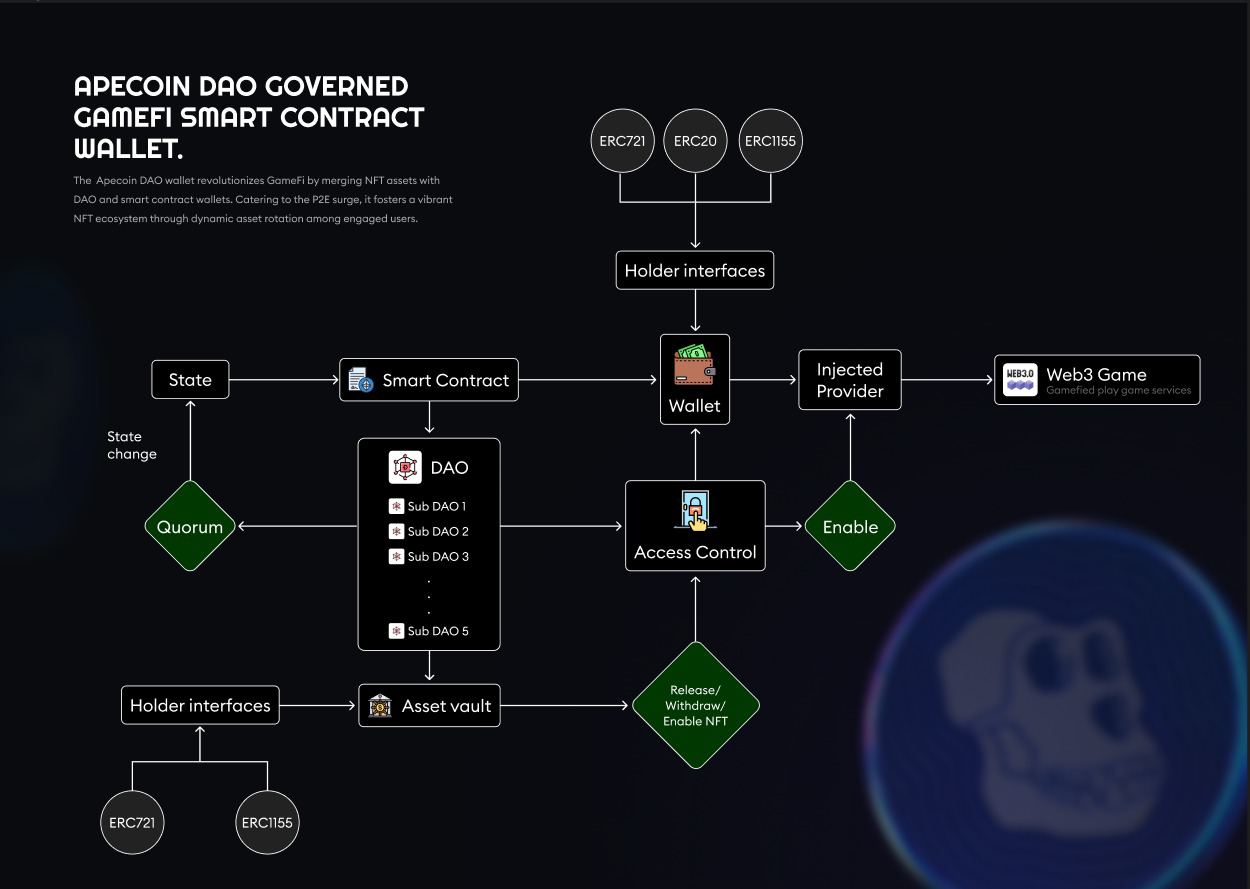
Time-Weighted Snapshot Framework: Recently proposed in academic research, this framework combines privacy with fair voting by using time-weighted snapshots and cryptographic methods, balancing security and liquidity in DAO governance.
Homomorphic encryption allows votes to be tallied while still encrypted, meaning no one (not even the vote counters) can see individual choices until the aggregate result is revealed. Projects like Zama’s fhEVM are at the forefront, enabling confidential voting on-chain without breaking composability.
Zero-Knowledge Proofs (ZKPs) let members prove they’re eligible to vote – or that their vote is valid – without revealing any other information about themselves or their decision. This is a game changer for anonymous participation and proposal submission.
Snapshot Labs, a staple in DAO tooling, is rolling out shielded voting using threshold encryption, already piloted by major DAOs like Arbitrum, Aave, and Decentraland. Over 600 DAOs have adopted Shutter’s Shielded Voting to prevent vote manipulation and bias, showing that private governance is more than a niche experiment – it’s the new gold standard.
Real-World Adoption: DAOs Leading the Privacy Revolution
Let’s zoom in on how these technologies are reshaping actual communities. Layer2DAO has relied on Shutter’s confidential voting for nearly two years, reporting higher member engagement and more candid discussions. Decentraland DAO recently proposed integrating shielded voting, citing the need to eliminate undue influence and boost turnout.
The impact isn’t just theoretical. By encrypting votes and proposals, DAOs are seeing:
- Reduced strategic voting and herd behavior
- Increased participation from privacy-conscious members
- More honest debate around controversial issues
For a deeper dive into how confidential voting systems are transforming DAO governance security, check out this dedicated guide.
It’s clear that the appetite for private DAO governance is real, and the momentum is only accelerating. As more DAOs adopt encrypted voting and confidential proposal flows, the community is seeing tangible benefits, fairer outcomes, less pressure to conform, and a safer environment for dissenting voices. These changes are not just technical upgrades; they’re cultural shifts that empower individuals to participate on their own terms.
One of the most exciting developments is the integration of cryptographic DAO tools like Zama’s fhEVM, which brings homomorphic encryption directly to EVM-compatible chains. This means that DAOs can now enjoy both on-chain verifiability and off-chain privacy, without tradeoffs. When votes remain confidential until the tally, it’s much harder for whales to coordinate last-minute swings or for social pressure to sway outcomes.
The Road Ahead: Challenges and Opportunities
Of course, this evolution isn’t without its hurdles. Homomorphic encryption is computationally intensive, and scaling these systems for large DAOs remains a technical challenge. But the pace of innovation is relentless. Projects like Shutter are already working on permanent shielded voting via homomorphic encryption, aiming to deliver continuous privacy for every proposal and vote. Meanwhile, Snapshot Labs’ shielded voting is set to become a default for DAOs prioritizing privacy.
For DAOs looking to implement these features, the path forward involves careful evaluation of cryptographic protocols, integration with existing governance frameworks, and community education. The payoff? A governance process that is not only more secure, but also more inclusive and resilient to manipulation.
Want to see which privacy features matter most to DAO voters? Here’s a quick rundown of what the community values in confidential governance:
Top Privacy Features DAO Members Demand
-
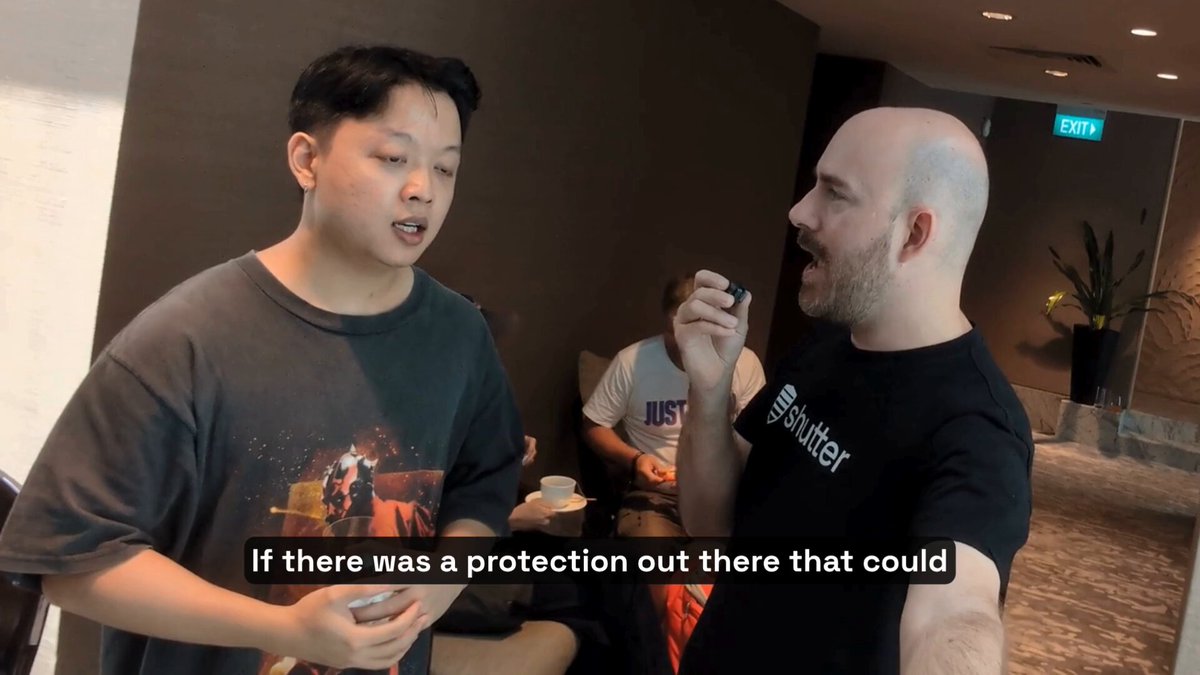
Shielded Voting – DAO members want shielded voting mechanisms like Shutter’s Shielded Voting, which encrypts votes during the voting period and only reveals results after polls close. This prevents vote manipulation and reduces bias.
-
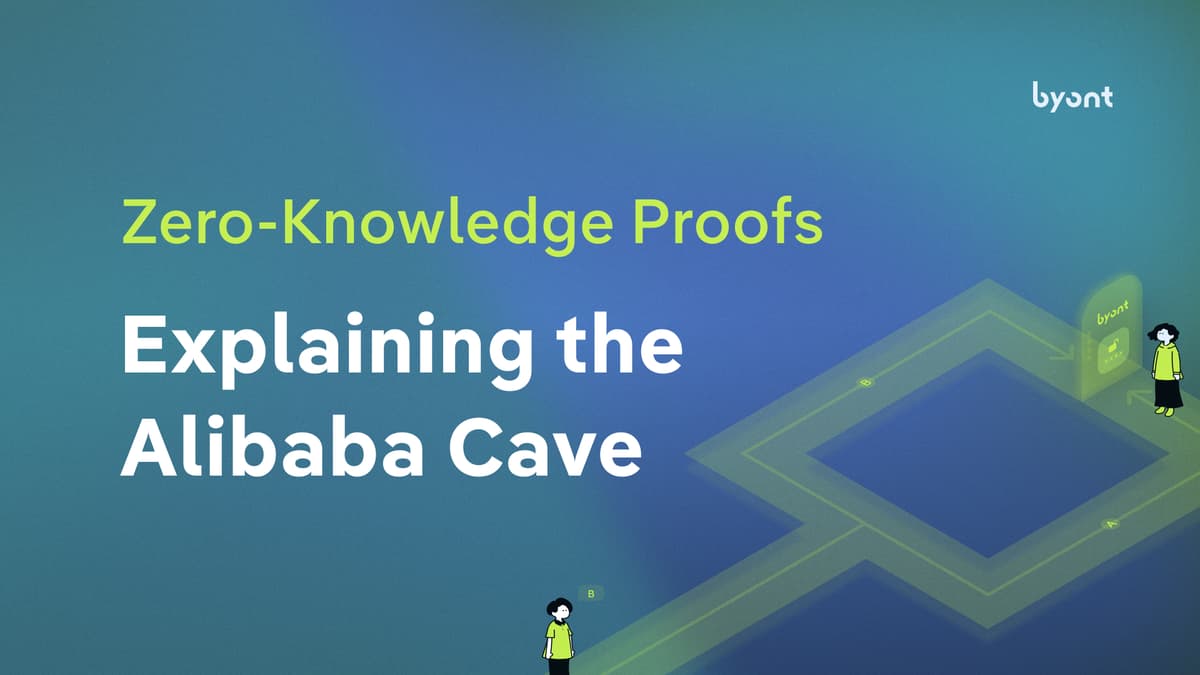
Zero-Knowledge Proofs (ZKPs) – Members are increasingly asking for zero-knowledge proof integrations in DAO governance, allowing them to prove eligibility or participation without revealing their identity. This ensures both privacy and compliance.
-
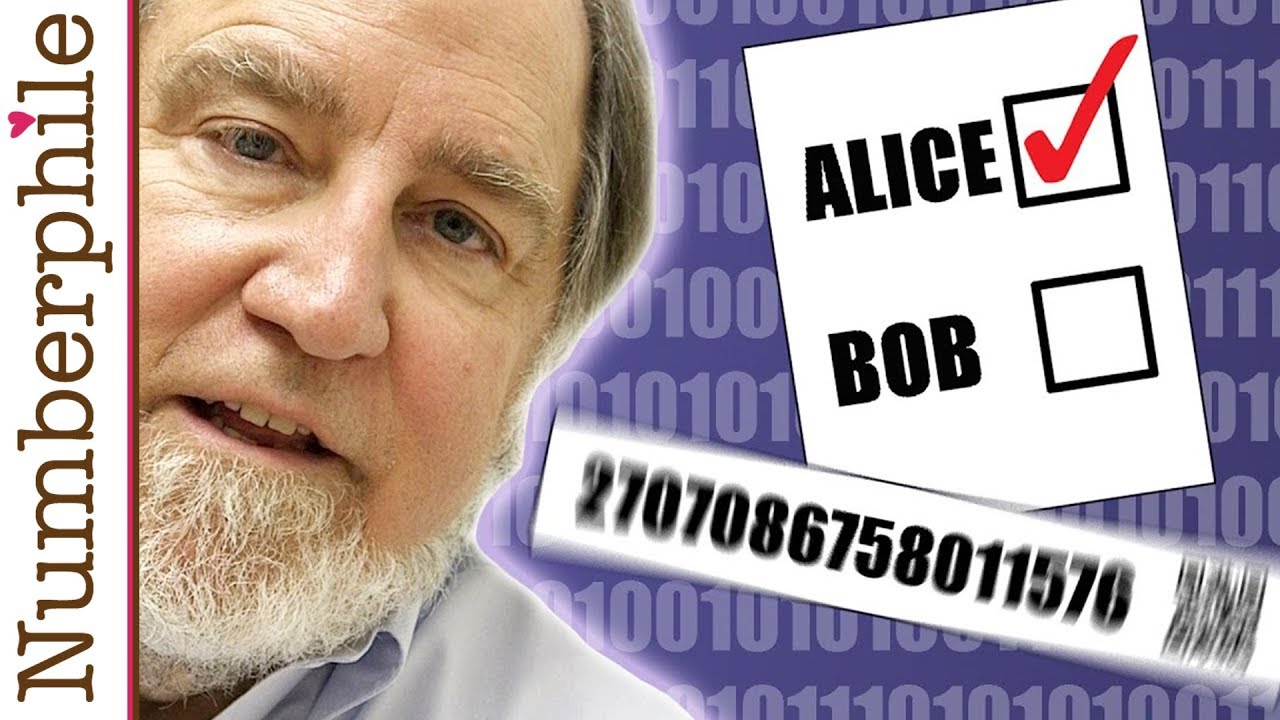
Homomorphic Encryption – DAOs are adopting homomorphic encryption (as seen with Zama’s fhEVM) to allow votes to be tallied while still encrypted, ensuring that individual votes remain confidential throughout the process.
-
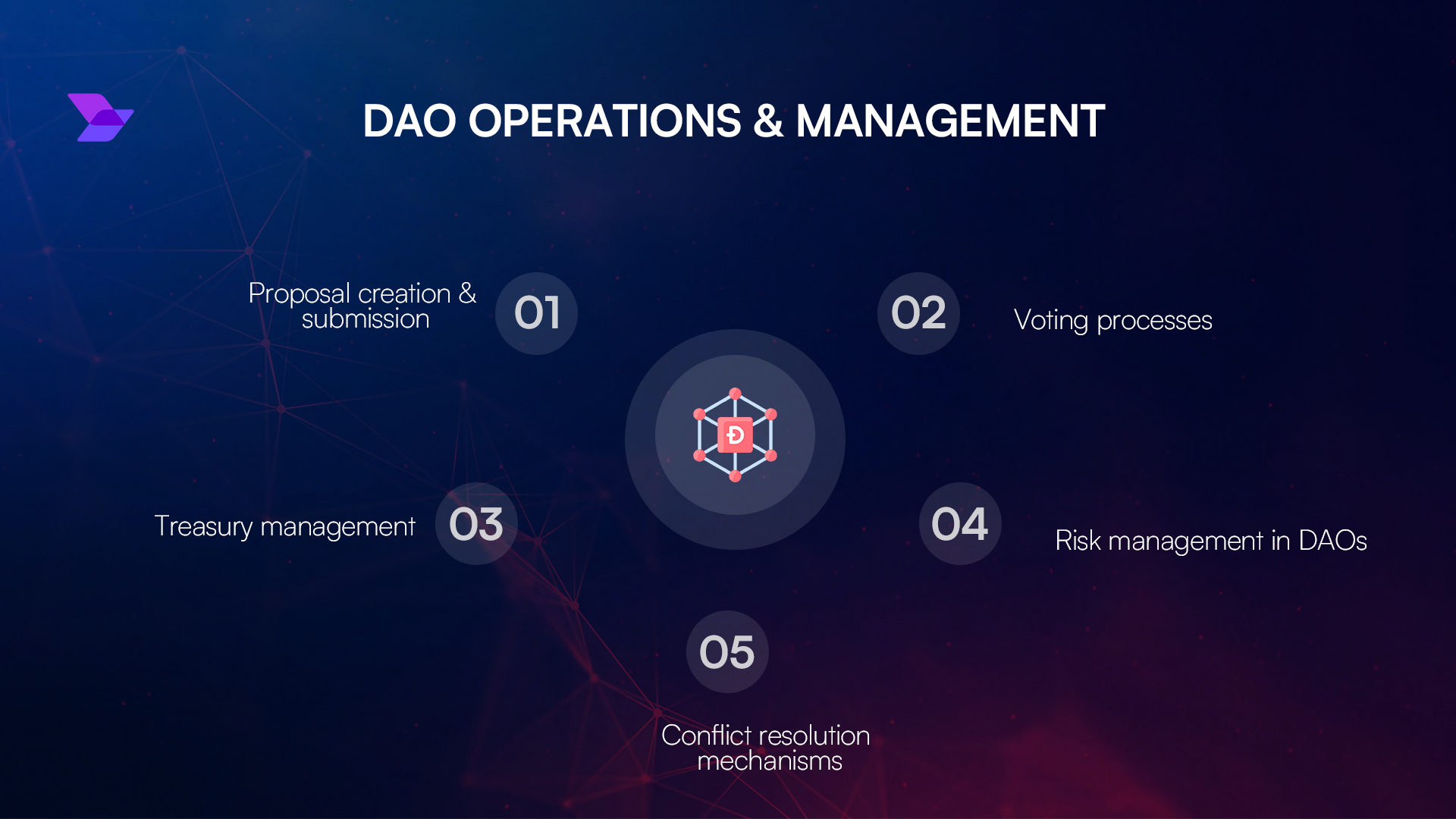
Confidential Proposals – Members demand the ability to submit and discuss proposals confidentially, protecting sensitive ideas and reducing the risk of pre-vote lobbying or pressure.
-
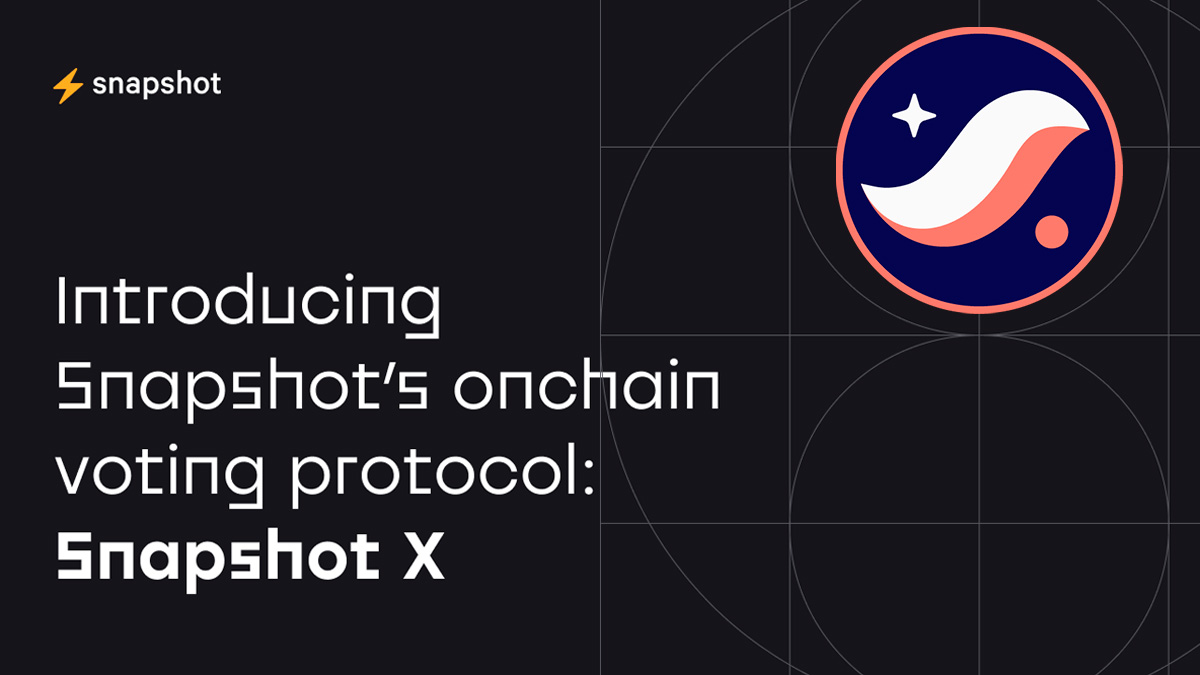
Scalable Privacy Solutions – As DAOs grow, members expect privacy features that scale with participation, like Snapshot X and ongoing work by Shutter on permanent shielded voting using advanced cryptography.
The bottom line: shielded voting Snapshot Labs and similar innovations are setting a new standard for DAOs worldwide. Privacy is no longer a luxury, it’s a core requirement for any organization that values trust and participation. The most successful DAOs will be those that invest early in these cryptographic protections, building cultures where every member can vote honestly and safely.
If you’re ready to upgrade your DAO’s governance security or want to learn more about private voting protocols, explore our in-depth coverage at How Confidential Voting Systems Are Transforming DAO Governance or check out How Confidential Voting Empowers Fair Governance in DAOs.
